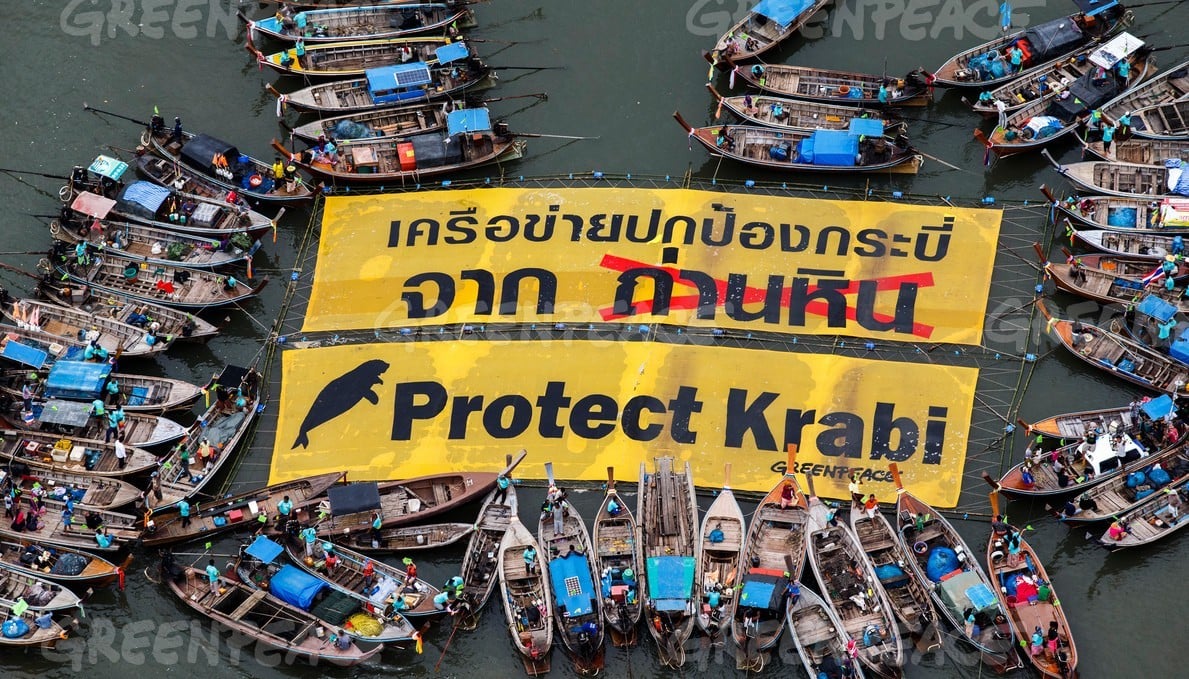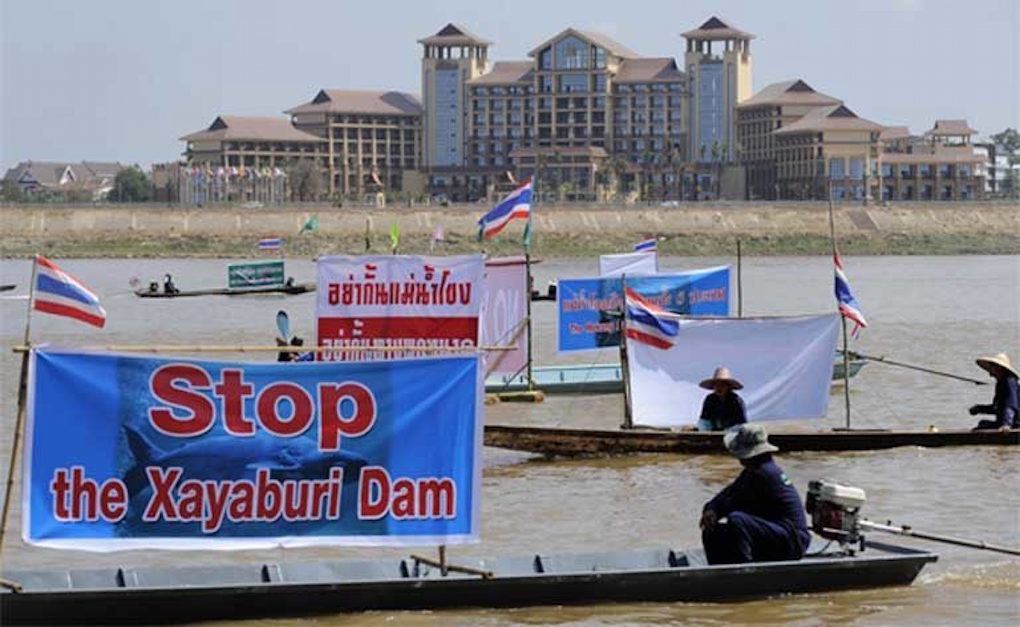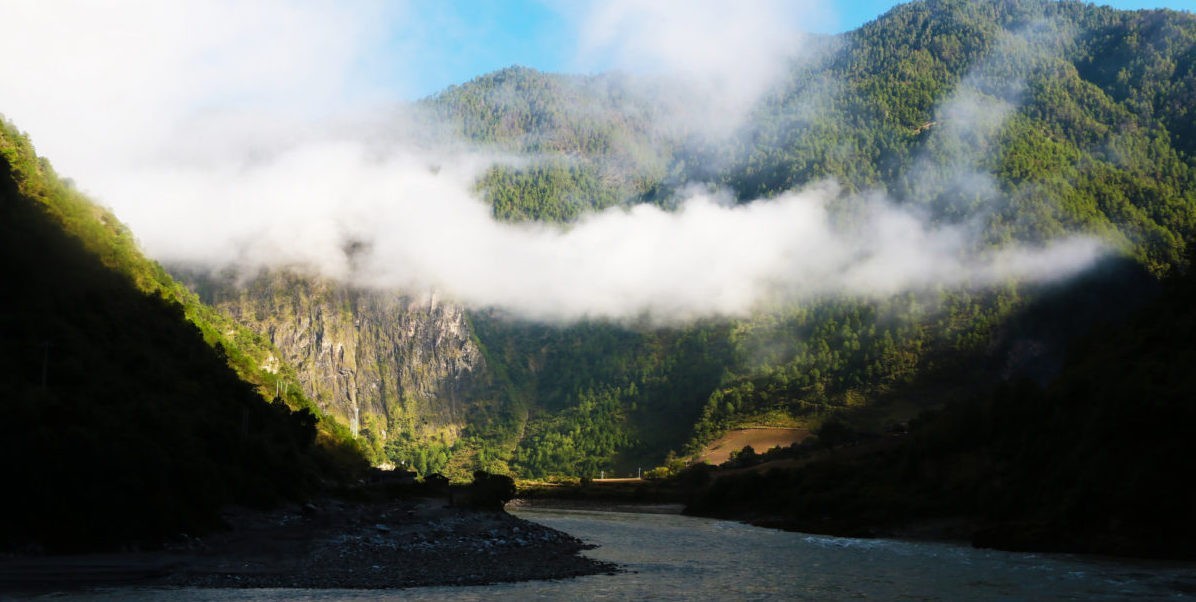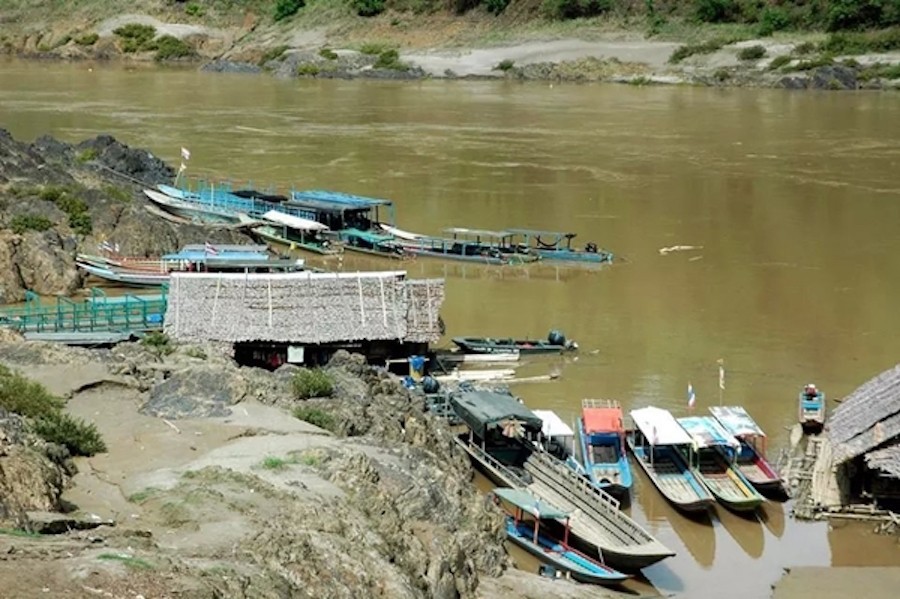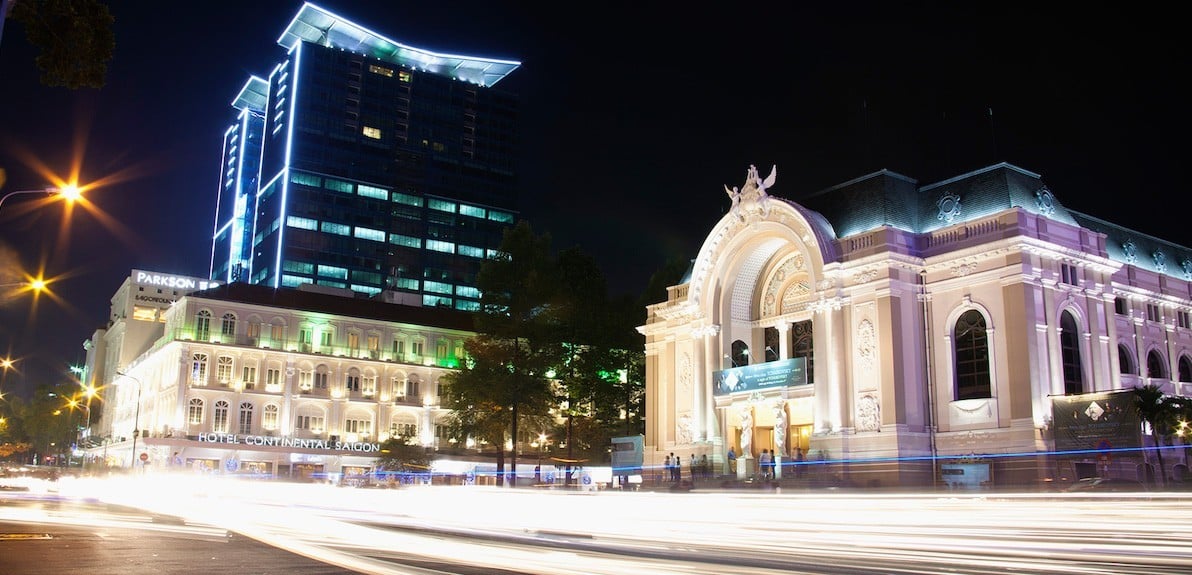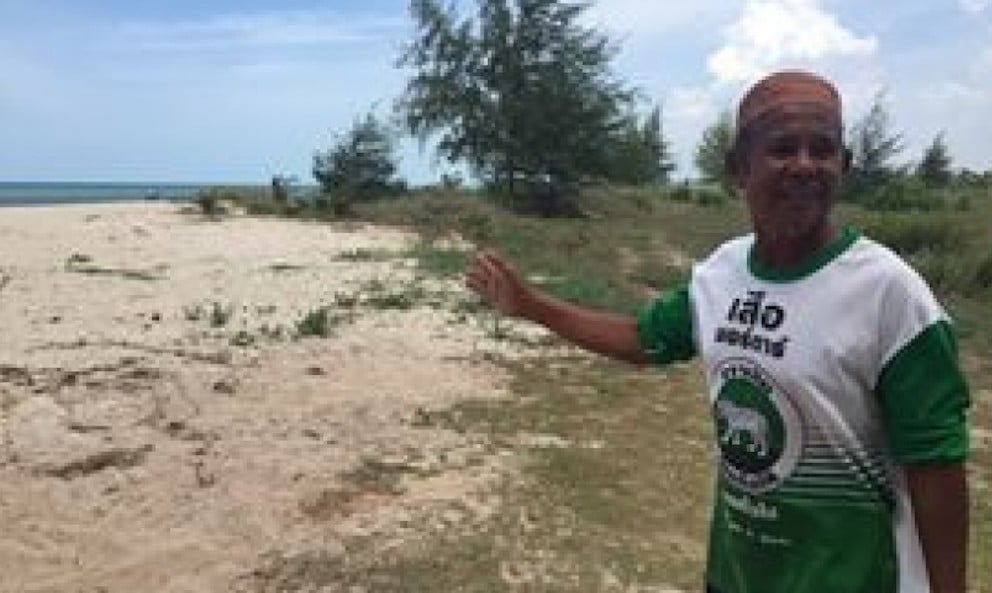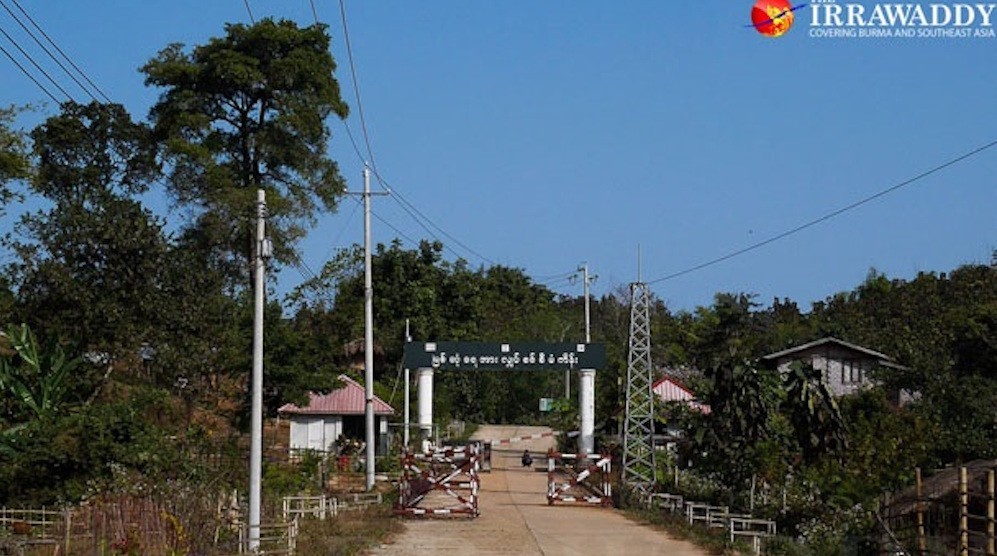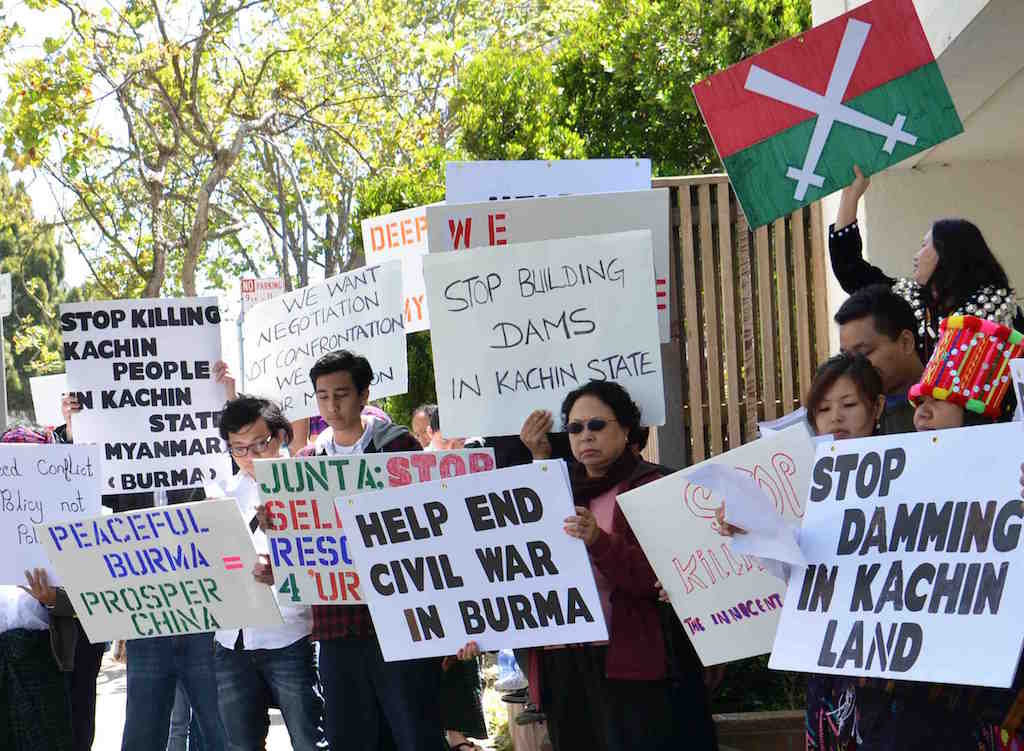Today, representatives from Cambodia, Lao PDR, Thailand, and Vietnam gathered at Mekong River Commission (MRC) Secretariat (MRCS) in Vientiane to start the first meeting of the Joint Committee Working Group (JCWG) on the Procedures for Notification, Prior Consultation and Agreement (PNPCA) for the Pak Beng hydropower project.
Tag: controversy
Decisions due on coal, gas, petroleum auctions
After a year of changes in the global and domestic energy market, Thailand can expect further challenges in the years ahead.
Of these, the most crucial issues are the development of two coal-fired power plants in the South, the retirement of the Erawan and Bongkot gas blocks and the long-delayed 21st round of new concessions for 29 petroleum blocks.
The media megaphone: does it help curb bad infrastructure projects?
We live today in the most explosive era of infrastructure development in human history. By mid-century the unprecedented rate of highway, dam, mine and power plant construction; along with city growth, will girdle the globe in concrete. Arguably, that burst of activity will improve the lives of millions. But it is also coming at a terrible cost to the natural world, as we lose the rainforests, estuaries, wetlands, wildlife and indigenous people of our planet.
Damming the Salween: what next for Southeast Asia’s last great free-flowing river?
It’s difficult to encapsulate, as an outsider, how significant the Salween is in the hearts, minds and identities of the ethnic communities who live in its watershed. “From the Land of Green Ghosts,” Pascal Khoo Htwe’s autobiographical account of life in conflict-ridden eastern Myanmar is flecked through with references to the “legendary River Salween,” the river he refers to as “an old friend or a lover.” Meeting with Salween riverine communities in Myanmar today, Pascal Khoo Htwe’s depiction of his relationship with the river burns strong – they still talk about it all the time.
Govt sidesteps controversial Thanlwin in hydropower push
U Htay Aung, deputy permanent secretary of the Ministry of Electric Power and Energy, told The Myanmar Times last week that the projects – the Shweli (3), Upper Yeywa and Upper Kyaing Taung dams – are seen by the ministry as a means of meeting energy-deprived Myanmar’s electricity needs, while noting that the earliest expected completion dates were 2020.
Along with a fourth dam under construction in Rakhine State and a fifth in Nay Pyi Taw’s Pyinmana township, the projects’ electricity generation will total more than 1500 megawatts, he said, nearly half of Myanmar’s current installed capacity nationwide.
Southern Vietnam faces power starvation
Southern Vietnam, which is home to commercial hubs like Ho Chi Minh City and manufacturing clusters such as Dong Nai and Binh Duong, may face more power shortages from 2017.
The country’s total power output is likely to fall short of the south’s demand by 10-15 percent, said Duong Quang Thanh, chairman of state monopoly Electricity of Vietnam (EVN).
The state utility plans to run more power plants on diesel to produce about 5 billion kilowatt-hours per year starting from next year to supplement supplies in the south, Thanh added.
Egat insists on going ahead with Thepa plant
CONSTRUCTION of the Thepa coal-fired power plant is set to begin in the second quarter of next year, the Electricity Generating Authority of Thailand (Egat) said, even though many locals have refused to sell their land despite facing threats.
Egat has so far insisted that it will build the 2,200-megawatt power plant in Songkhla’s Thepa district, despite strong protests from local people. The Environment and Health Impact Assessment (EHIA) for both the plant and coal transport has also not been approved by the Natural Resources and Environmental Policy and Planning Office (ONEP).
New Commission to Decide Fate of Myitsone Dam in Kachin State
President Htin Kyaw on Friday formed a new commission to evaluate all proposed hydropower projects on the Irrawaddy River prior to their going ahead.
The committee formation comes a week before State Counselor Aung San Suu Kyi’s trip to China as Burma’s foreign minister.
Since the installation of the National League for Democracy (NLD) government in April, China has been lobbying for the resumption of the multi-billion dollar Myitsone Dam, which was being constructed with Chinese backing just downriver of the confluence that forms the Irrawaddy, in Kachin State, prior to a government suspension order in 2011.
Myitsone on agenda for China tour
The Chinese will certainly lobby on the suspended Myitsone dam project during State Counsellor Aung San Suu Kyi’s visit to China, Kyaw Zeya, director-general of the Foreign Affairs Department under the Ministry of Foreign Affairs, told a press conference.
Officials from the ministry, the Electric Power and Energy Ministry and the Border Affairs Ministry held a press conference on their undertaking in their first 100-day plans under the new government at the Information Ministry in Nay Pyi Taw.
Community rights clause not fooling anyone
The right of citizens and communities to protect the environment against harmful development projects is now back in the draft constitution, thanks to fierce pressure by civil society nationwide. So people can relax now, right? Not a chance.
Face it. The military regime is in it for the long haul. Their diktats are the ultimate rules of the land. The community rights clause in the draft will be of no help because it has also been heavily diluted, turning active citizens and communities into state vassals.
Since the beginning of this year, the National Council for Peace and Order (NCPO) has issued a series of orders under the special powers of Section 44 in the interim charter to eliminate legal obstruction and fast-track mega projects. First it was an order to bypass land-zoning laws to speed up the government’s project to create special economic zones in 10 border provinces, which also faces fierce opposition from locals. That was in January.


